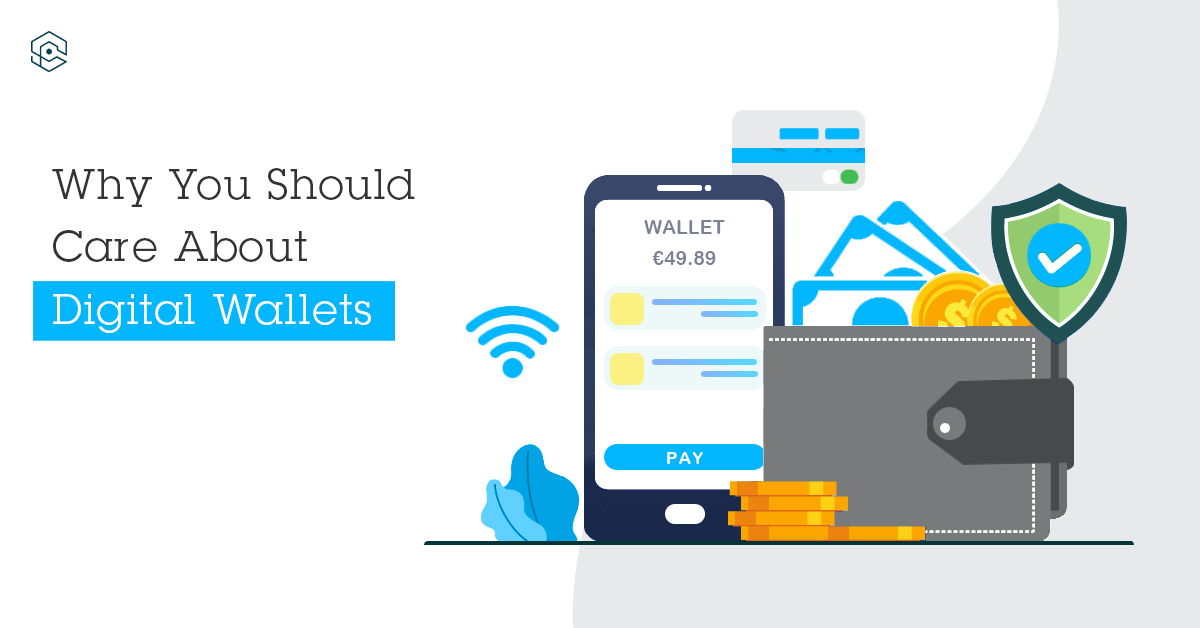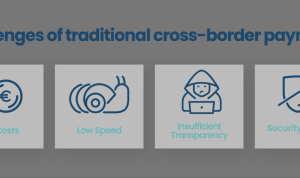Digital Wallets Everything You Need to Know sets the stage for this enthralling narrative, offering readers a glimpse into a story that is rich in detail and brimming with originality from the outset. Digital wallets have transformed the way we manage our finances, making transactions simpler, faster, and more secure. As we delve into this fascinating topic, you’ll discover the various types of digital wallets, how they work, and the implications they have for our everyday lives.
In the age of digital transformation, the way we interact, work, and live has evolved dramatically. The internet, once a mere tool for information retrieval, has become an indispensable part of our daily lives. Whether we are communicating with friends and family, conducting business, or simply seeking entertainment, the digital landscape shapes our experiences and expectations.One of the most significant changes brought about by this digital revolution is the rise of social media.
Platforms like Facebook, Twitter, Instagram, and LinkedIn have transformed how we connect with others. No longer are we limited to face-to-face interactions or phone calls; now, we can share our thoughts, photos, and experiences with a global audience. This shift has created new avenues for connection and communication but has also led to challenges, such as the spread of misinformation and the need for digital literacy.As we navigate this complex digital world, it’s essential to understand the implications of our online presence.
Every post, tweet, or photo we share contributes to our digital footprint—a permanent record of our online activities. This footprint can impact our personal and professional lives. For instance, employers often review potential candidates’ social media profiles before making hiring decisions. Therefore, it’s crucial to curate our digital identities mindfully, ensuring that they reflect our values and aspirations.Another vital aspect of the digital age is the evolution of remote work.
The COVID-19 pandemic accelerated a trend that had been gradually taking shape for years. Many organizations have shifted to remote or hybrid work models, allowing employees to work from home or any location of their choice. This flexibility can lead to increased productivity and job satisfaction, but it also presents challenges such as maintaining work-life balance and fostering team cohesion.To thrive in this new world of work, it’s essential to develop specific skills that enhance our adaptability and effectiveness.
Digital literacy is paramount; understanding how to navigate various software applications, manage virtual communications, and utilize online collaboration tools is crucial for success in a remote environment. Additionally, soft skills such as communication, time management, and self-discipline have become even more critical as we work in isolation and rely on technology for interaction.Furthermore, the digital age presents unique opportunities for entrepreneurship and innovation.

With minimal upfront investment, individuals can launch online businesses, offering products and services to a global audience. E-commerce platforms, digital marketing tools, and social media have leveled the playing field, enabling small businesses to compete with established brands. This democratization of entrepreneurship fosters creativity and drives economic growth, creating a vibrant marketplace where ideas can flourish.However, with opportunity comes responsibility.
As consumers and entrepreneurs, we must consider the ethical implications of our digital activities. Issues such as data privacy, cybersecurity, and ethical marketing practices are more relevant than ever. Companies must prioritize transparency and integrity in their operations to build trust with their customers. Similarly, consumers should be vigilant about the information they share online and educate themselves about protecting their personal data.In addition to ethical considerations, the digital age brings forth environmental challenges.
The growing demand for technology and online services contributes to electronic waste and energy consumption. As we embrace digital solutions, it’s crucial to adopt sustainable practices, such as recycling old devices and supporting companies that prioritize environmental responsibility. By making conscious choices, we can mitigate the environmental impact of our digital lives.Education has also undergone a transformation in the digital age.
Online learning platforms and resources have made education more accessible than ever. Students can now take courses from prestigious institutions, learn new skills, or even pursue advanced degrees from the comfort of their homes. This democratization of education empowers individuals to take charge of their learning journeys, fostering a culture of lifelong learning.However, the shift to online education also presents challenges.
Not all students have equal access to technology or reliable internet connections, leading to disparities in learning opportunities. Educators must find innovative ways to engage students and promote inclusivity in virtual classrooms. Additionally, the effectiveness of online education relies heavily on students’ self-motivation and discipline, highlighting the importance of developing these qualities early on.As we look to the future, it’s clear that the digital age will continue to evolve, presenting new challenges and opportunities.
The rapid pace of technological advancement means that we must remain adaptable and open to change. Embracing a growth mindset will be essential for individuals and organizations alike, allowing us to navigate the complexities of a digital world.In conclusion, the digital age has transformed nearly every aspect of our lives, from how we communicate and work to how we learn and consume.
While this transformation brings about exciting opportunities for connection, innovation, and growth, it also requires us to be mindful of our responsibilities as digital citizens. By prioritizing ethical practices, fostering digital literacy, and embracing sustainability, we can harness the power of technology to create a brighter, more inclusive future. As we continue to adapt to this ever-changing landscape, let us remember that our digital actions have consequences, and it is our responsibility to shape a digital world that reflects our values and aspirations.





